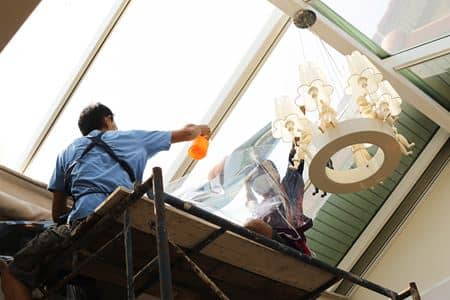What To Expect From A Window Film Installation
Here at NU-VUE Window Films, Inc., our team is dedicated to providing seamless window tinting and high-quality window film installation services for all of our clients in the San Diego area. In doing so, we believe that our customers should be thoroughly informed and well-prepared for […]


